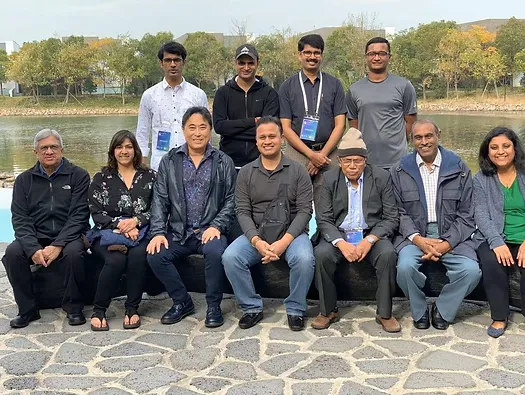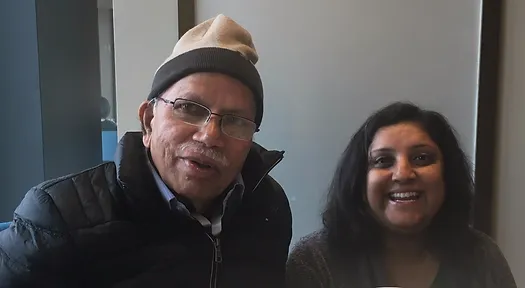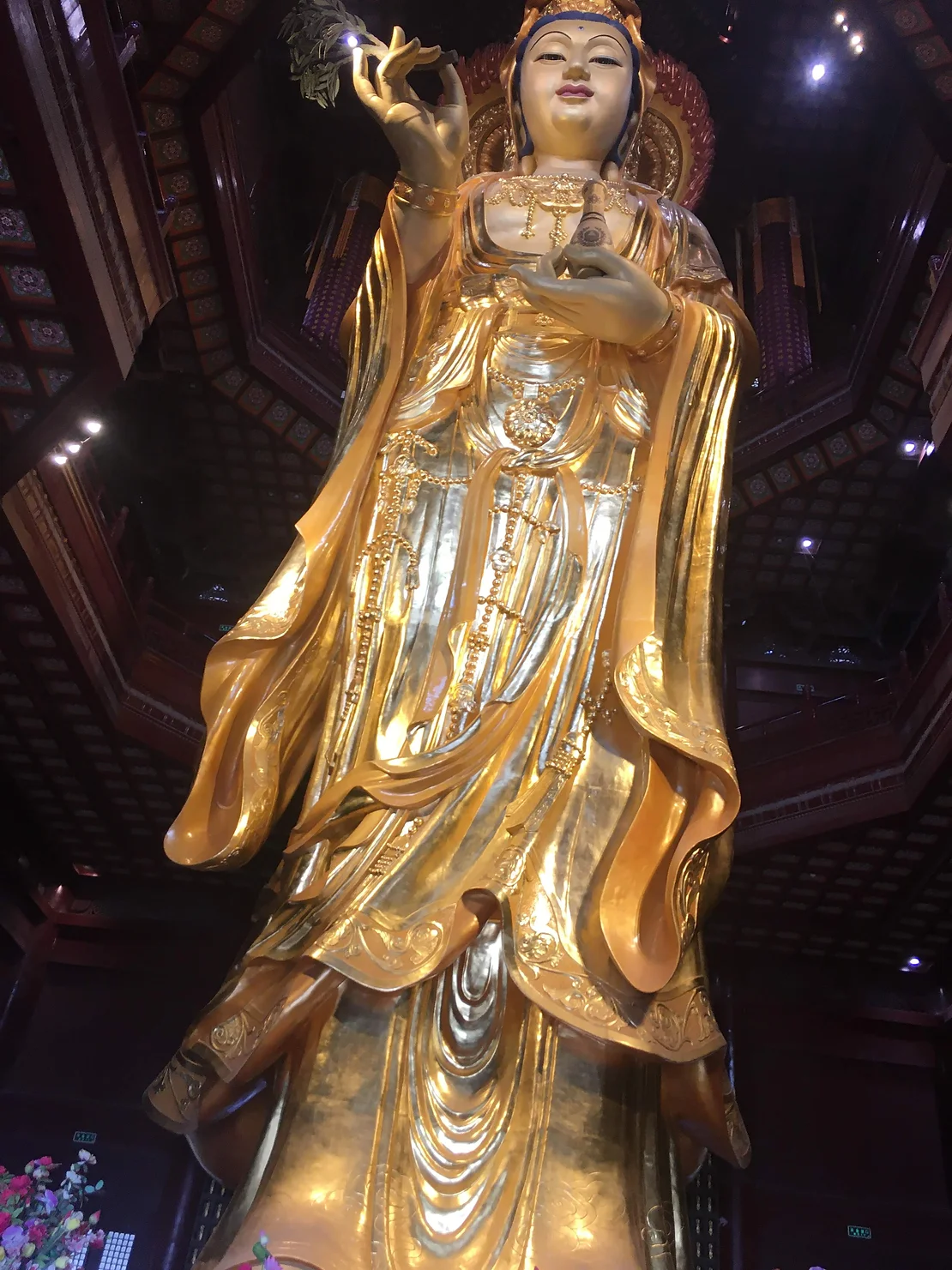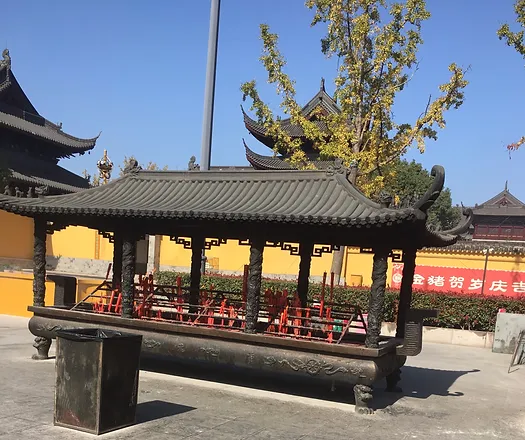Exploring Ayurvedic Wisdom and Holistic Health Perspectives in Suzhou, China
- Geetanjali Chakraborty

- Nov 16, 2019
- 3 min read
Updated: Apr 23, 2024
Earlier this year, I had the privilege of moderating an enlightening Ayurveda panel at the At One International Conference, part of the broader At One Festival in Suzhou, China. Spearheaded by the visionary founder Frederick Chavalit Tsao, also renowned for his work in Quantum Leadership, the conference aimed to delve into profound questions, seeking insights from diverse disciplines including Ayurveda, Chinese medicine, Integrative medicine, and Quantum medicine.
My role as a moderator was to navigate these inquiries through the lens of Ayurveda, unraveling its timeless wisdom within a 45-minute dialogue. We tackled fundamental existential questions:
What is the essence of life's purpose?
How can healthcare be reimagined?
What pathways lead us there?
We paralleled these inquiries with perspectives from Chinese medicine, Integrative medicine, and Quantum medicine, aiming for a comprehensive exploration.
Commencing the discussion, I emphasized Ayurveda's apaurusheya origins, highlighting its transcendent nature beyond any individual ego, embodying timeless wisdom inherent in nature. Ayurveda beckons us to become seers in our own context, unlocking the secrets of nature.

Panel Perspectives and Holistic Approaches:
Dr. M. S. Kamath, a distinguished member of the British Association of Accredited Ayurveda Practitioners, eloquently articulated Ayurveda's perspective on life's purpose. He underscored moksha, the quest for liberation from conditioned existence, as Ayurveda's ultimate goal, transcending the limitations imposed by the mind's labels.
Addressing the intricate interplay of mental health and physical well-being, Dr. Raviprasad Hegde, one of India's select Ayurvedic Psychiatrists, delved into Ayurveda's holistic approach. He highlighted the significance of gunas and Ayurveda's three-fold therapeutic approach (see my past blog post on this topic). He also emphasized practices like pranayama to cultivate mental tranquility.
Dr. Prakash Kalmadi, a former Western medicine practitioner turned advocate of Yoga and Ayurveda, shared his personal journey of embracing holistic wellness. Demonstrating a headstand on stage, he honored his mentor, Dr. B. M. Hegde, epitomizing the vitality of yoga in maintaining vitality across all ages.
Dr. B. M. Hegde, a Padma Bhushan laureate recognized for his contributions to healthcare, advocated for faith in medicine. His reputation for outspokenness is evident, as exemplified by his inspiring TED talk. He emphasized the pivotal role of patient belief, echoing the placebo effect acknowledged in Western medicine, yet urging a deeper integration of faith into the healing process.
Panelist Dr. Satyam Tripathi, serving as the Director of Union Yoga Ayurveda in Singapore, concluded the discussion with a profound insight into Ayurveda's Panchakosha framework of treatment. This framework delineates distinct levels of intervention, each intricately connected to different aspects of human existence:
Annamaya Kosha: Focused on matter, particularly in the context of Ayurveda, this level pertains to food and its impact on physical health.
Pranamaya Kosha: Addressing the subtle realm of breath, this level underscores the importance of breathwork and its influence on vitality.
Manomaya Kosha: Exploring the realm of the sensory mind, this level delves into the psychological and emotional aspects of well-being.
Vijnanamaya Kosha: Centered around the intellect, this level highlights the role of knowledge and understanding in promoting holistic health.
Anandamaya Kosha: Reflecting the ultimate state of bliss and joy, this level embodies the pinnacle of wellness and fulfillment.
Each level is perceived as a consequence or embodiment of the subsequent level, forming a holistic continuum of human existence. Disturbances within each level are identified distinctly, leading to interventions that vary significantly depending on the level in question. For example, disruptions in the Annamaya Kosha may necessitate dietary and lifestyle adjustments, whereas issues within the Vijnanamaya Kosha may require intellectual discussions to resolve conceptual barriers.
Interacting with my esteemed panelists was a truly enriching experience. Despite their remarkable achievements, each individual remained remarkably grounded and humble. I must also commend the visionary founder of the conference, Frederick Chavalit Tsao, whose mission to catalyze human evolution is truly inspiring.
I cherish the moments spent with the Venerable Dr. Hegde, an octogenarian whose humility deeply touched me.
Suzhou's Serene Haven:
Beyond the conference hall, I cherished moments of serenity at the ancient Chongyuan Temple in Suzhou. Amidst its timeless aura and the majestic Guanyin statue, I found solace in the universal language of compassion and kindness.
In a distant land far from home, I was deeply moved by the profound human connections forged with others. Across borders and languages, the language of compassion and generosity transcends verbal communication. Kindness permeates every space, transcending barriers of language and culture. Suzhou welcomed me with open arms, a testament to the enduring power of empathy and hospitality.









Comments